Why people supported the 1971 Liberation War in overwhelming numbers?
By M Ahmedullah, 12 March 2015
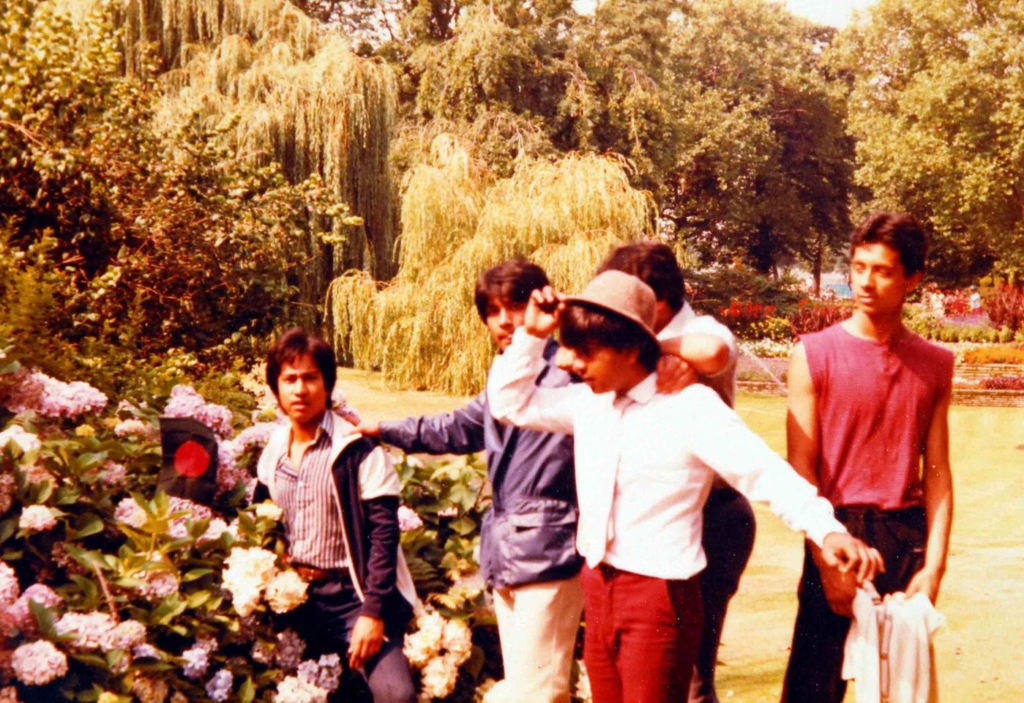
The most credible explanation for Bengali Muslims’ overwhelming support for the creation of Pakistan in 1947 and its break-up in 1971 is not that they were first inspired by Islamic ideology and later by the ideology of Bengali Nationalism. There is another explanation, which is the inbuilt, natural phenomenon of non-ideological patriotism of people. It is expressed when people within an ethnic, national or religiously defined group from all kinds of ideological and political backgrounds come together and join in supporting a common struggle against perceived threats from outsiders. This is what happened in the case of the creation of Pakistan first and then later the birth of Bangladesh.
As a child, when I supported the Liberation War struggle in 1971, I was imbued with strong emotions and spirits, but I know many of them – not all – were aligned with ‘the spirit of the liberation war’. There must be millions of others from different backgrounds who supported the Liberation War struggles because they thought this was the right thing to do and not because of the ideology of Bengali Nationalism. The foundation of the vast majority of the supporters of the liberation war in 1971 must exist somewhere else. In my case, it was due to pure non-ideological patriotism and the love of my motherland.
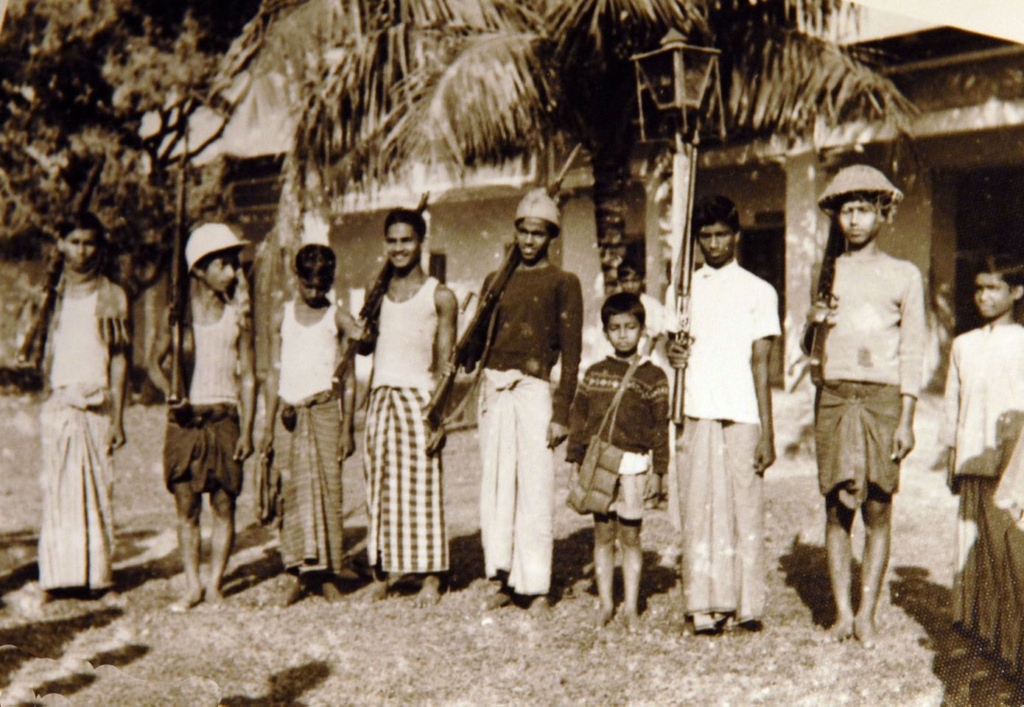
In addition to supporting the 1971 Bangladesh Liberation War, I share some of the aims, visions and ideologies of all major political parties and groups in our society. But unfortunately, some of these groups face each other in a deadly game of conflict. So why did I support the liberation struggle as a nine years old child and have done so ever since but rejected major elements of the ideology of Bengali Nationalism, whose adherents claim to know what the true spirit of the Liberation War was and assert their unjustifiably-claimed rights to dominate Bangladesh politics?
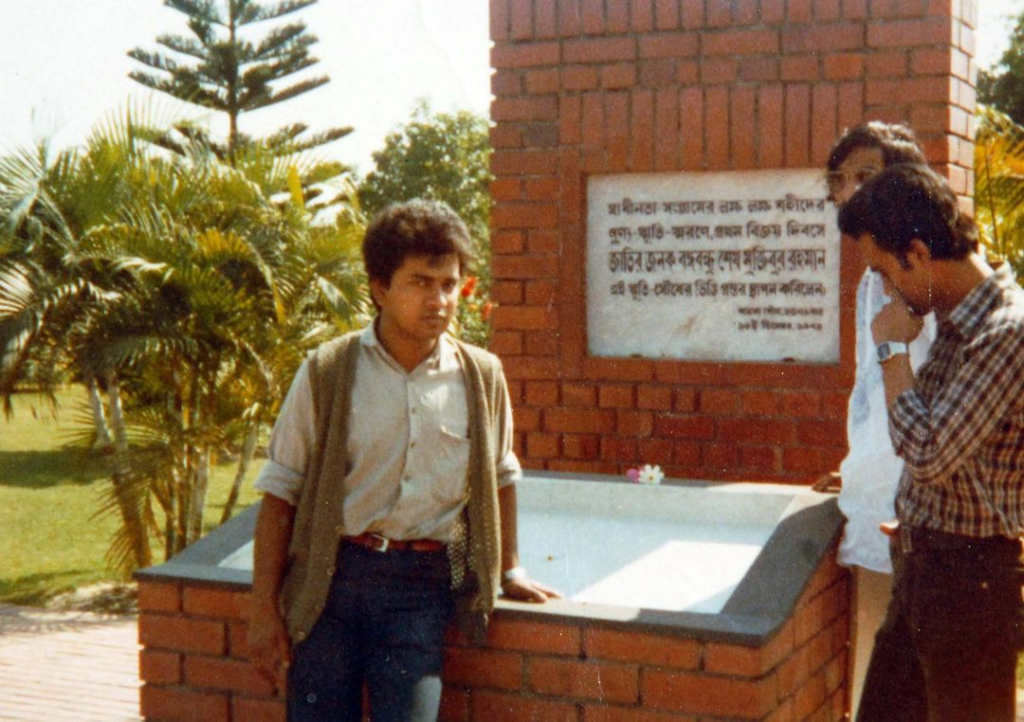
As March is a very important month for Bangladesh and Bangladeshis, I thought I should think about this issue a bit more deeply to see whether and if I have less rights to Bangladesh than the Bengali Nationalists. If I love my country with all my heart, in my own way, then how can I have less rights to Bangladesh than the Bengali Nationalists who claim to have more rights to the country?
It was on the night of the 25th of this month in 1971 that we were compelled to join in a struggle to fight to establish an independent country called Bangladesh after General Yahya Khan (Pakistani military dictator) brutally attacked the unarmed people of the then East Pakistan to prevent the implementation of the 1970 election result. Soon after the attack began, more and more people joined the freedom struggle. By the end of the nine months of the Liberation War, most people either supported or directly participated in the war efforts.
The 1971 struggle was for the break-up of a country called Pakistan, established in 1947 with overwhelming Bengali Muslim support. However, each time the vast majority of Bengali Muslims united to support one side first, in 1947 for partition under the leadership of Jinnah (Muslim League) and 1971 for liberation under the leadership of Sheikh Mujib (Awami League), and then quickly changed their minds and became disunited after the main objectives of the movements were achieved.
How do we explain this fact? Regardless of the rightness or wrongness of each of the struggles, it is a fact that the vast majority of Bengali Muslims first united to support the creation of Pakistan and then supported its dismantling to create Bangladesh. But, after achieving each of the outcomes, both times, they became disunited on ideological grounds in terms of what kind of Pakistan and Bangladesh should be built, respectively.
In the case of the creation of Pakistan, there was very little prior discussion and agreed on a consensus about exactly what the country would and should look like. However, the majority of the people supported the creation of Pakistan because of the context, political failures to find a solution, large-scale communal violence taking place, etc. and just went with a process that was perhaps seen as inevitable at that time.
Similarly, during the 1971 Liberation War, most Bengali Muslims and Bengali Hindus in East Pakistan supported the freedom struggle. Before the war had started, the majority in East Pakistan supported the Awami League Party under the leadership of Sheikh Mujib in the 1970 election, which achieved an overwhelming victory. But the questions before the election were not about Bengali Nationalism, secularism, or socialism. They were based on Mujib’s six-point demand – federal constitution; centre dealing with defence and foreign policy only; either two separate, freely convertible currencies for the two Wings, or one currency with two separate reserve banks to prevent the inter-Wing flight of capital; the power of taxation and revenue collection to be vested in the federating units; economic disparities between the two Wingsto disappear through a series of economic, fiscal, and legal reforms; and a militia or paramilitary force to be created in East Pakistan.
The most credible explanation for Bengali Muslims’ overwhelming support for the creation of Pakistan in 1947 and later its break-up in 1971 is not that they were first inspired by Islamic ideology and then later by the ideology of Bengali Nationalism. There is another explanation: the phenomenon of non-ideological patriotism of people, which happens when people within an ethnic, national or religiously defined group from all kinds of ideological and political backgrounds come together to support a common struggle against perceived threats from outsiders. This is what happened in the case of the creation of Pakistan first and then later Bangladesh.
When I, as a child, supported the Liberation War in 1971, I was imbued with strong emotions and spirits, but I know many of them – not all – are aligned with ‘the spirit of the liberation war’. There must be millions of others from different backgrounds who supported the Liberation War struggles because they thought this was the right thing to do and not because of the ideology of Bengali Nationalism. I feel the support base of the vast majority of the liberation war during 1971 must exist somewhere else. In my own case, it was due to pure non-ideological patriotism and a deep love for my motherland.
No political party or ideology involved in any of these struggles, as mentioned above, either in a leadership capacity or in any other way, should claim that they are the only group who know and have the legitimacy to articulate the spirit of the people when they were engaged in supporting and struggling for these movements. To do so would be wrong and foolish, and they would continue to contribute towards creating or perpetuating more disordersin our society rather than help achieve more harmony and cohesion.
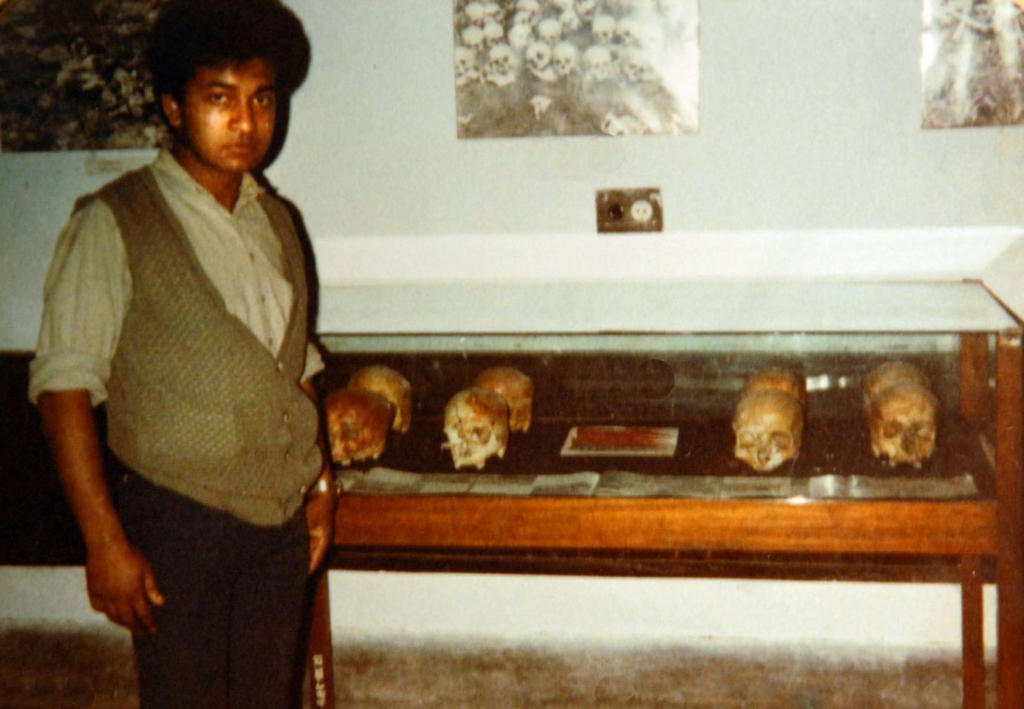
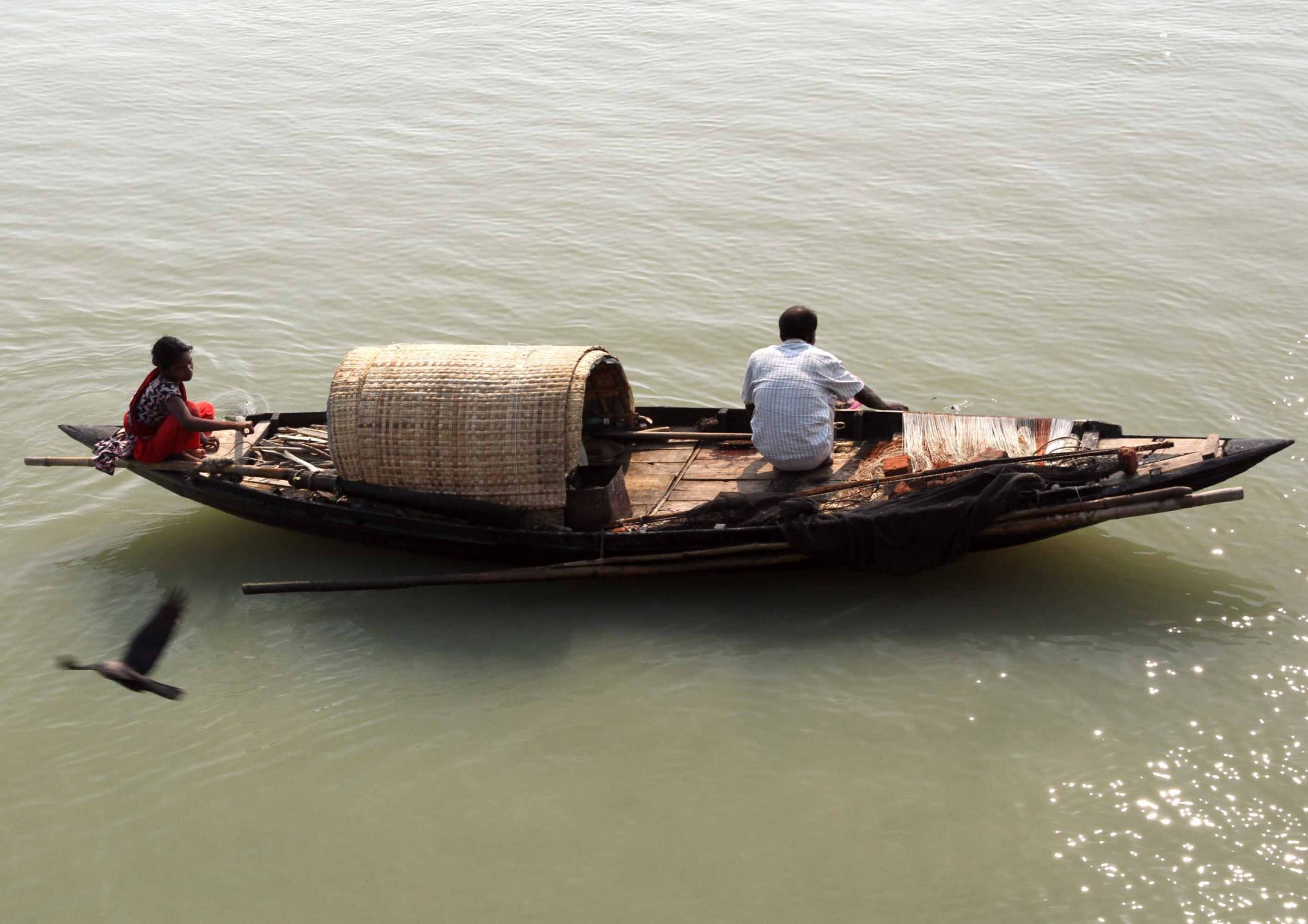
There is no such thing as Bengali nationalism in Bangladesh. The so called liberation war was an accidental unplanned affair (though, one suspects, not in India, as there is evidence that Indian intelligence operatives were in contact with Sheikh M Rahman from 1962). However, the Liberation War left the country with a people but, not identifiably, a nation. And it is then that efforts were initiated to float the idea of a Bangali nation and shibboleths, such as a national poet, even though he had very little connecion with BD, were erected. A nation is not created by wishful thinking, but by hard work and it grows organically with the passage of time.
https://blogs.lse.ac.uk/southasia/2021/02/15/mujibur-rahmans-first-secret-meeting-with-an-indian-officer-me/